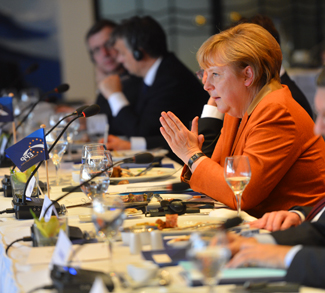Back in August, Saxo Bank’s Christopher Dembik noted that the United Kingdom was “more and more looking like an emerging market economy.” His logic was simple: in terms of fundamentals, the UK outlook displays the kind of economic vulnerability typical of the developing world, and the only thing insulating the country from a currency-crisis-IMF-adjustment loop was the ongoing willingness of market players to hold onto sterling holdings, likely on the basis of a lingering perception of UK economic resilience.




